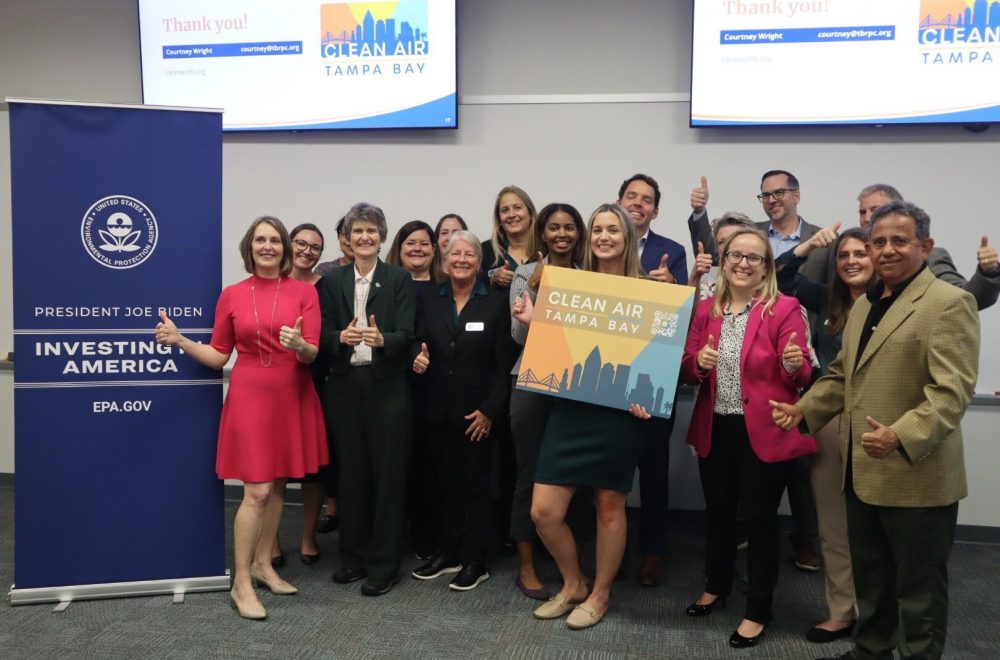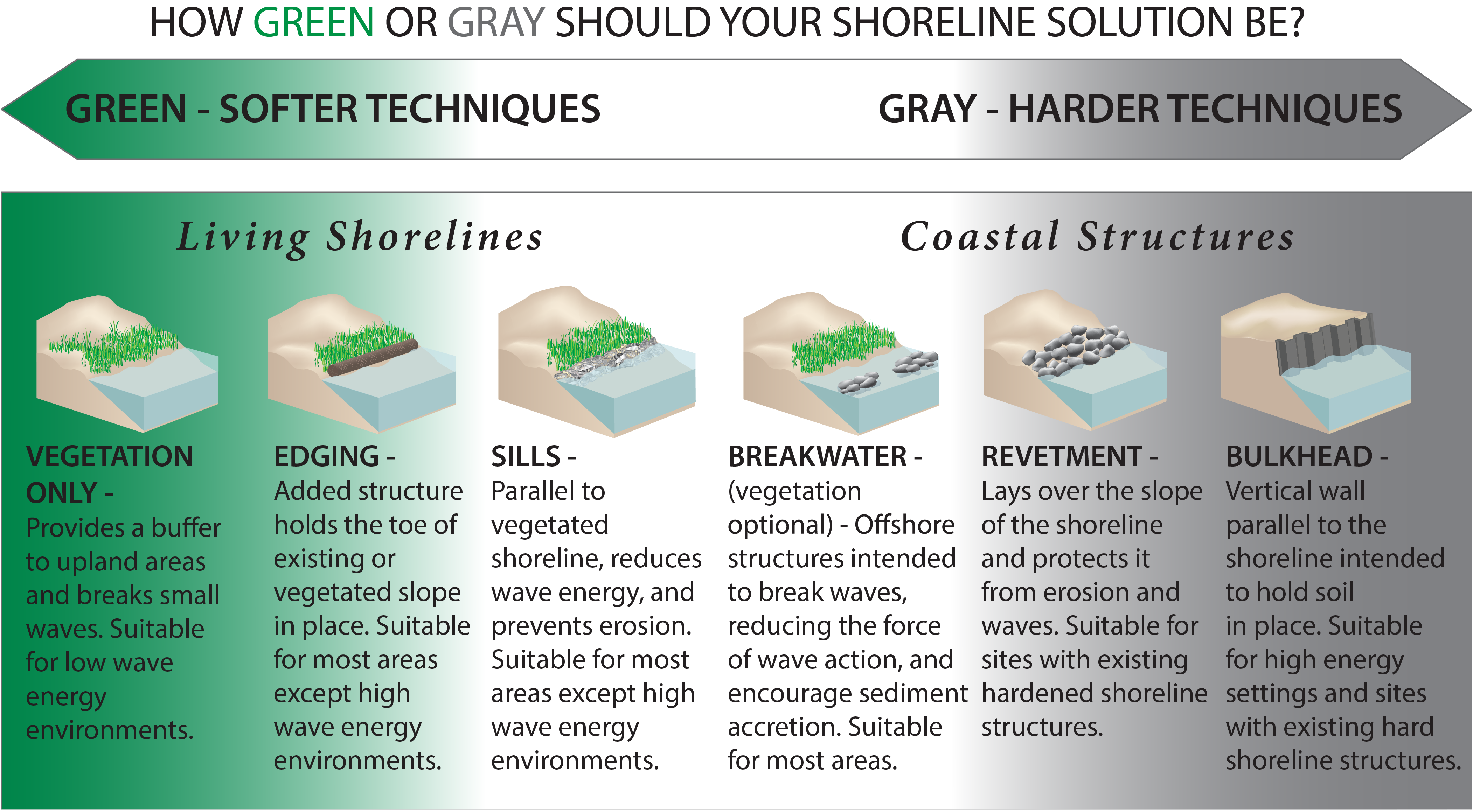We need short-term successes and long-range planning, writes the leader of the Tampa Bay Regional Planning Council.
The Tampa Bay area’s first regional resiliency conference, “Champions of Change: Creating Resilient Communities,” drew more than 350 attendees last month, who heard best practices from other cities and made suggestions for regional resiliency priorities going forward.
So where do we go from here?
At the Tampa Bay Regional Planning Council, we see the conference as a first step toward turning ideas into action. The council has initiated meetings with area municipalities as they start to determine local resiliency priorities. In turn, this will inform a regional resiliency action plan set to be completed by early next year.
But knowing that sea level rise threatens our coastal areas now, we need to focus on more than long-term planning. As conversations with local governments unfold, we’ll be working to see if we can help them take short-term steps to address issues like sunny-day flooding and inadequate seawalls.
Sharing best practices is a key. One community can learn from another, whether it’s figuring out ways to better manage storm runoff, considering ideas for making our housing more resilient and affordable or determining creative ways to pay for solutions.
We are pleased that several grants will help these efforts along – a $500,000 grant from JPMorgan Chase for a study into ideas for making affordable housing more resilient, and a $210,000 federal grant to help us update our Comprehensive Economic Development Strategy for the region.
The 29 area municipalities in the Tampa Bay Regional Resiliency Coalition have tough decisions to make as they work to protect one of the nation’s most vulnerable areas to higher sea levels and extreme weather. This speaks for the need for short-term successes, which can help build support for longer-term commitments.
At the recent summit, we heard leaders from three of the nation’s most progressive cities for resiliency efforts — Miami, Houston and Norfolk. Miami-Dade County organizes its budget around resiliency initiatives and priorities. In Houston, a former golf course was converted to a detention pond that can hold millions of gallons of storm water. And in Norfolk, new zoning regulations are designed to focus more intensive development on higher ground.
A common theme for these cities: Government leaders took the time to hear from the public, build consensus and then find ways to make meaningful changes.
Certainly, opinions differ around the region about the causes of sea level rise and about the credibility of predictions about the future. But no matter what your opinions are about these topics, we are seeing a common understanding of how weather events are increasing in intensity, and how flooding is becoming more prevalent.
So how can our citizens help? Get involved. Talk to your elected leaders and municipal staffers about your area’s issues. Then, take the time to learn about potential solutions, and show up when your municipality talks about priorities.
Your voice matters as we all look for ways to make the Tampa Bay region more resilient.
Sean Sullivan is executive director of the Tampa Bay Regional Planning Council.




